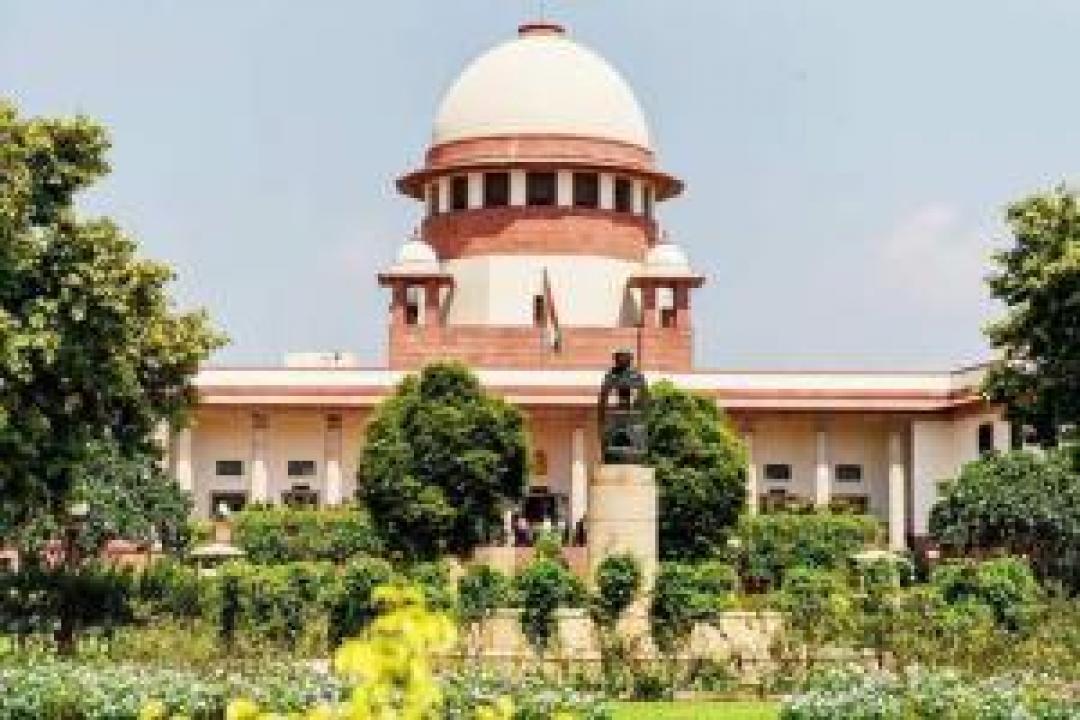He emphasised that no law can be employed to harass citizens and take away their freedom

Supreme Court | File Pic
Supreme Court judge Justice D.Y. Chandrachud has said that criminal laws, including the anti-terror law, should not be misused for quelling dissent and courts must act as first line of defence against deprivation of liberty.
ADVERTISEMENT
Justice Chandrachud made these remarks in his address at the Indo-US Joint Summer Conference on Indo-US legal ties on Monday evening. He emphasised that no law can be employed to harass citizens and take away their freedom.
"Criminal law, including anti-terror legislation, should not be misused for quelling dissent or harassment to citizens," he said, citing his judgement in Arnab Goswami case to emphasise that courts must ensure that they continue to remain the first line of defence against the deprivation of liberty of citizens.
Justice Chandrachud underscored that depravation of liberty for even a single day is "one too many" and that judges must always be mindful of the deeper systemic issues of their decisions.
"Today, the world's oldest and largest democracies represent these ideals of a multicultural, pluralist society where their constitutions are focused on a deep commitment and respect for human rights."
Justice Chandrachud's remarks have come amid the outrage over the death of 84-year-old activist Stan Swamy, who was arrested under the anti-terror law, Unlawful Activities Prevention Act (UAPA), in the Elgar Parishad case last year. Swamy died last week in Mumbai while fighting for bail on health grounds.
Many other cases where the stringent Unlawful Activities (Prevention) Act has been invoked have also been seen controversies.
After spending 17 months behind the bars, Assam leader Akhil Gogoi walked out of jail. He was jailed under the UAPA in connection with a case against him over violent protests against the contentious citizenship law.
Recently, the Delhi High Court granted bail to student activists Natasha Narwal, Devangana Kalita and Asif Iqbal Tanha booked under the UAPA in connection with February 2020 Delhi riots, making strong observations against the indiscriminate invocation of UAPA by the government and police.
This story has been sourced from a third party syndicated feed, agencies. Mid-day accepts no responsibility or liability for its dependability, trustworthiness, reliability and data of the text. Mid-day management/mid-day.com reserves the sole right to alter, delete or remove (without notice) the content in its absolute discretion for any reason whatsoever
 Subscribe today by clicking the link and stay updated with the latest news!" Click here!
Subscribe today by clicking the link and stay updated with the latest news!" Click here!






